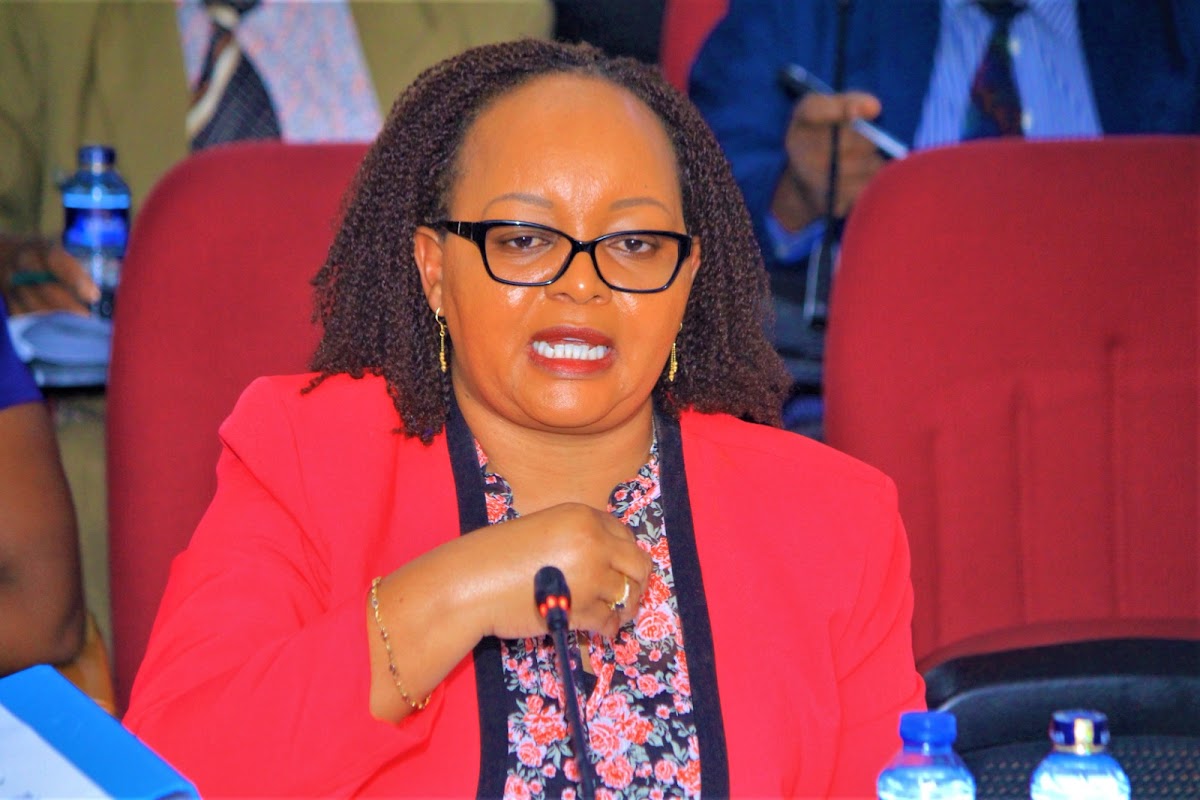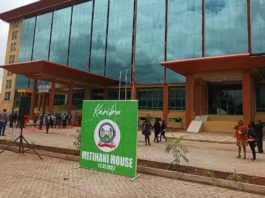The Council of Governors has officially rejected the recommendations put forth by the Presidential Working Party on reforms in the Education Sector. Ann Waiguru, the Chairperson of the Council of Governors, conveyed the council’s stance in a statement, expressing the importance of education as a crucial driver of socio-economic development.
While acknowledging the efforts made by counties to transform devolved education functions assigned to them by the Constitution, Waiguru highlighted concerns about the impact of the recommendations on devolution. She stated, “Having gone through the full report, its recommendations and the negative impact it possesses on Devolution, we reject the recommendations by the working party on Education as they undermine the basic structure and framework of the management of Education by the Counties.”
Waiguru urged the Kenya National Union of Teachers to support the spirit and letter of the Constitution and refrain from derailing the efforts made by County Governments in the Education Sector.
The Presidential Working Party on Education Reform (PWPER) was appointed by President William Ruto on September 29, 2022, with a mandate to submit a report covering various terms of reference titled “Transforming Education, Training and Research for Sustainable Development in Kenya.” The party submitted its report to the President in August.
Some of the recommendations included reducing learning areas in various educational levels, increasing school capitation, and reviewing capitation and grants every three years. However, Education Cabinet Secretary Ezekiel Machogu halted the implementation of the recommendations, indicating that the rollout would await approval from Parliament.
This rejection by the Council of Governors adds a new layer of complexity to the ongoing discussions and potential reforms in the education sector, emphasizing the intricate relationship between national and county governments in shaping education policies in Kenya.




